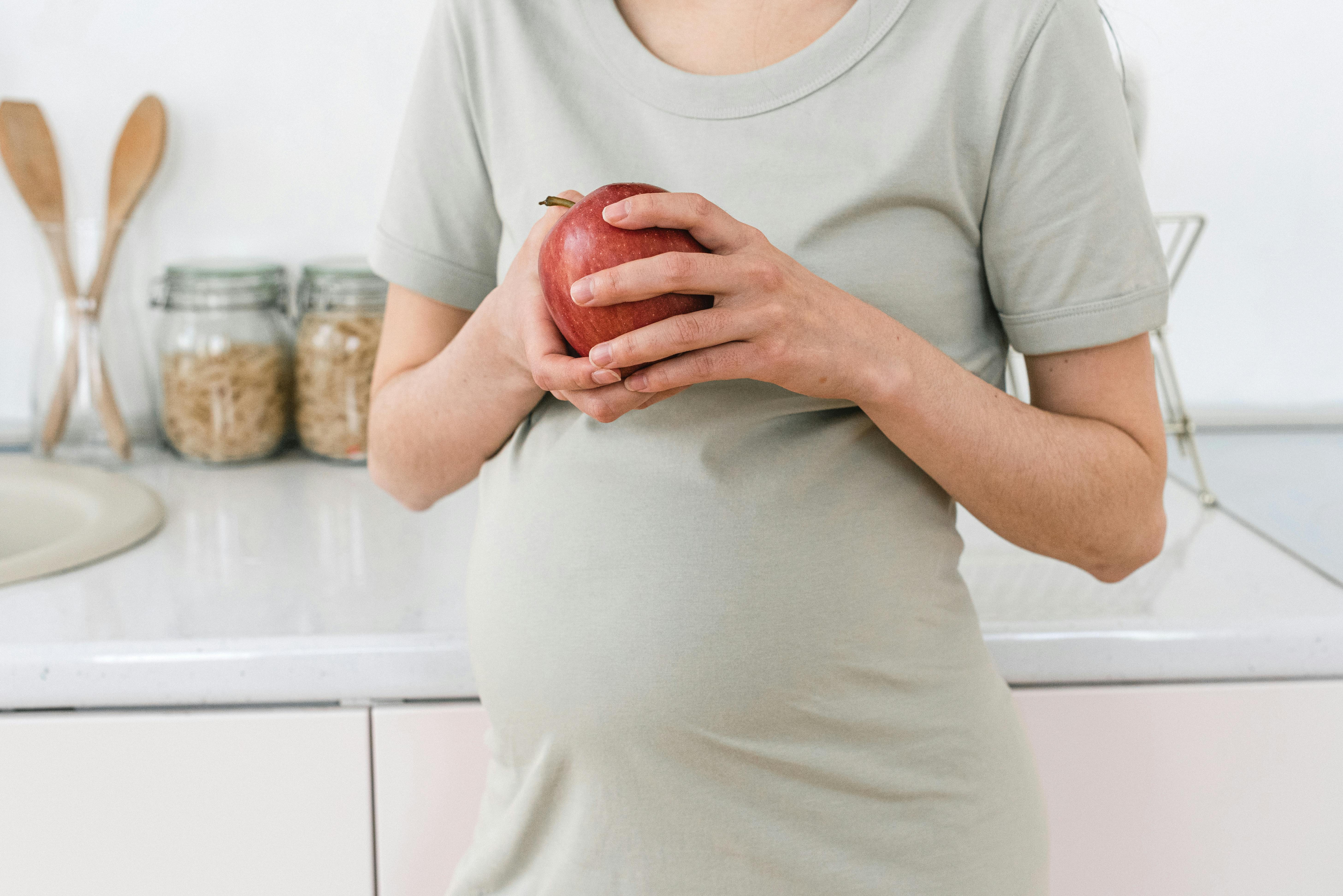Effective Tips and Remedies for Managing Constipation During Pregnancy

Pregnancy is an incredible journey of joy and anticipation, accompanied by several physiological changes. One such change, encountered by many women, is constipation during pregnancy. This common issue can be quite upsetting and inconvenient for expectant mothers and is a result of fluctuating hormones and bodily changes. This article provides a comprehensive guide on managing constipation during pregnancy.
Understanding Pregnancy-induced Constipation
Constipation during pregnancy is a frequently encountered issue primarily due to escalated levels of progesterone. Progesterone, a hormone that rises significantly during pregnancy, has a relaxing effect on the body's muscles, including the intestines. Consequently, food passes slowly through the digestive tract, leading to constipation.
The developing baby can also put considerable pressure on the intestines and rectum of the mother, which, along with iron supplements, can contribute to constipation. The possibility of experiencing constipation escalates during the later stages of pregnancy, making it a persistent challenge for many expectant mothers.
Signs of Pregnancy-induced Constipation
It's imperative to identify the signs of constipation during pregnancy to address the situation appropriately. Constipation can be recognized by these common symptoms: experiencing bowel movements fewer than three times a week, passing hard, dry or lumpy stools, straining or feeling pain while having a bowel movement, and feeling unable to empty your bowel completely.
Remember: there's no standard number or pattern of bowel movements applicable to everyone – it varies from person to person. However, any noticeable changes in bowel habits or discomfort may signal constipation and thus, you should seek medical advice.
Managing Constipation During Pregnancy: Dietary Changes
Food plays a pivotal role in managing constipation during pregnancy. The combination of a fiber-rich diet and plenty of fluids can effectively boost the digestive system and curb constipation.
High-Fiber Foods
A diet abundant in fiber can significantly alleviate constipation. Foods such as whole grains, vegetables, and fruits contribute to adding bulk to the stool, thus easing bowel movements.
Hydration
Water is crucial in preventing and managing constipation. Pregnant women should aim for a minimum of eight to ten glasses of fluids per day. Drinking plenty of water aids in softening stools and eases their passage through the intestines.
Healthy Fats
Healthy fats, found in foods like avocados, olives, nuts and seeds, are essential for boosting digestion and ease bowel movements.
Regular Exercise
Maintaining a regular exercise routine can work wonders in combating constipation during pregnancy. Physical activity helps stimulate the intestines, making bowel movements easier and more regular. Be it walking, yoga, or swimming, find an exercise routine that you enjoy and suits your body's comfort level during pregnancy.
Managing Constipation During Pregnancy: Lifestyle Changes
Simple lifestyle changes can significantly contribute to managing constipation during pregnancy. You should avoid resisting the urge to go to the bathroom. Retaining stool can dry it out and make it more challenging to pass later on.
Also, try establishing a regular bathroom routine. It's not uncommon for your body to naturally want to have a bowel movement at a specific time in the day. Listening to your body can help manage constipation during pregnancy.
When to Seek Medical Advice
While experiencing constipation during pregnancy is common, you should reach out to a healthcare professional if symptoms persist despite trying out dietary and lifestyle changes. Additionally, if you notice signs of severe pain, bleeding, or weight loss, it's crucial to get in touch with your healthcare provider.
Conclusion
Pregnancy is a magical journey filled with its share of challenges. One such hurdle is constipation, a recurrent issue for many expectant mothers. Being aware of its causes, symptoms, and implementing a variety of strategies including dietary and lifestyle changes can make pregnancy a smoother and more comfortable experience. Remember, listen to your body and don’t hesitate to seek medical advice when needed. Pregnancy should be a time of joy and growth, leaving no room for discomfort caused by constipation!





